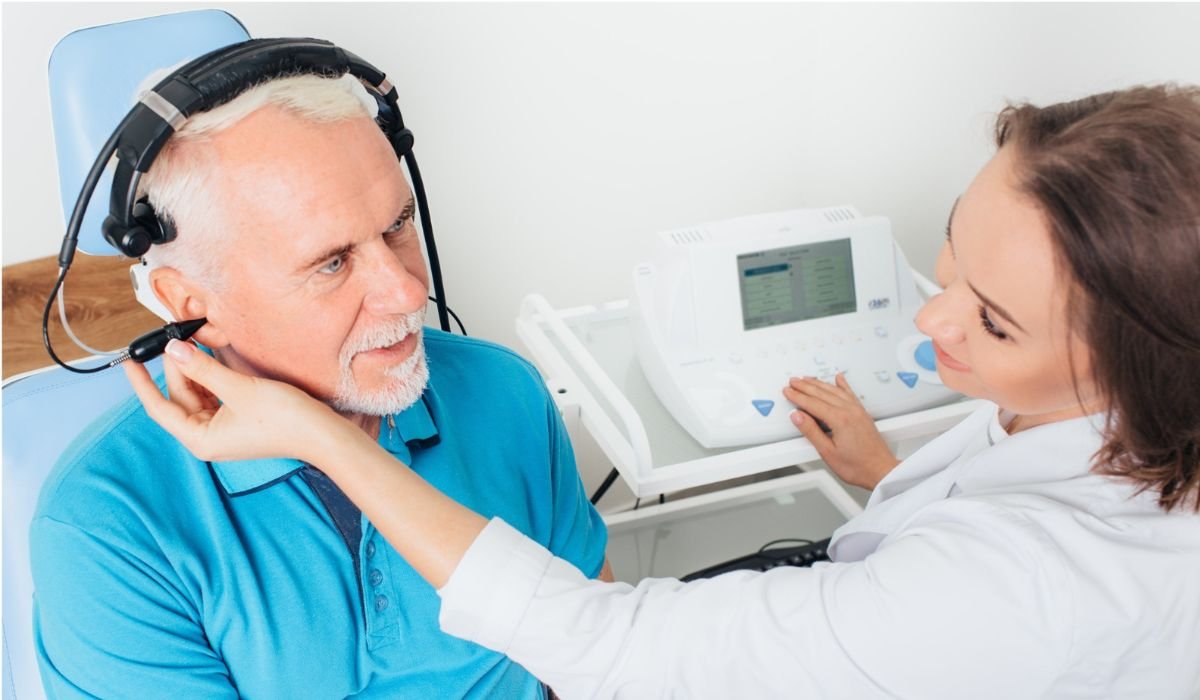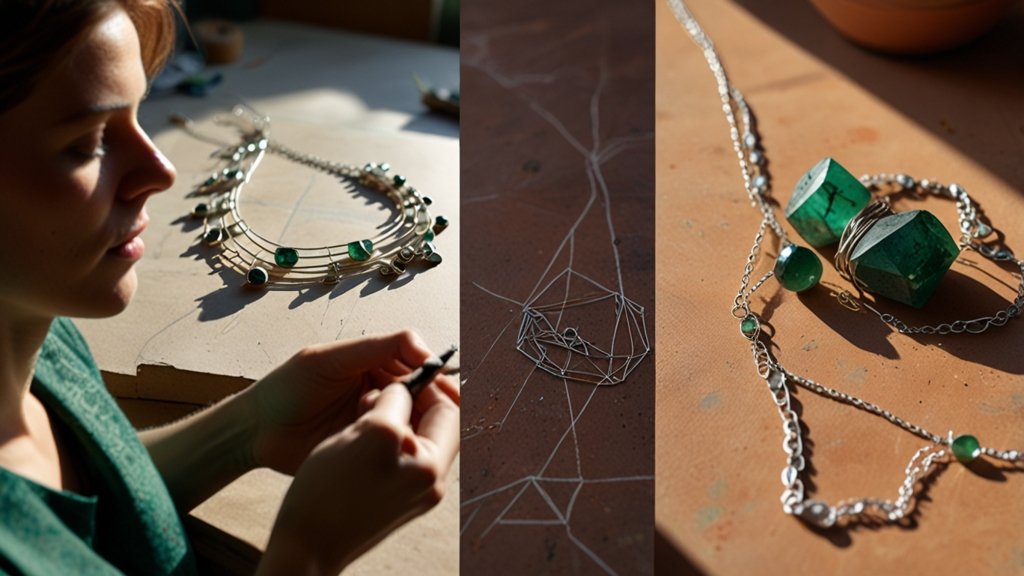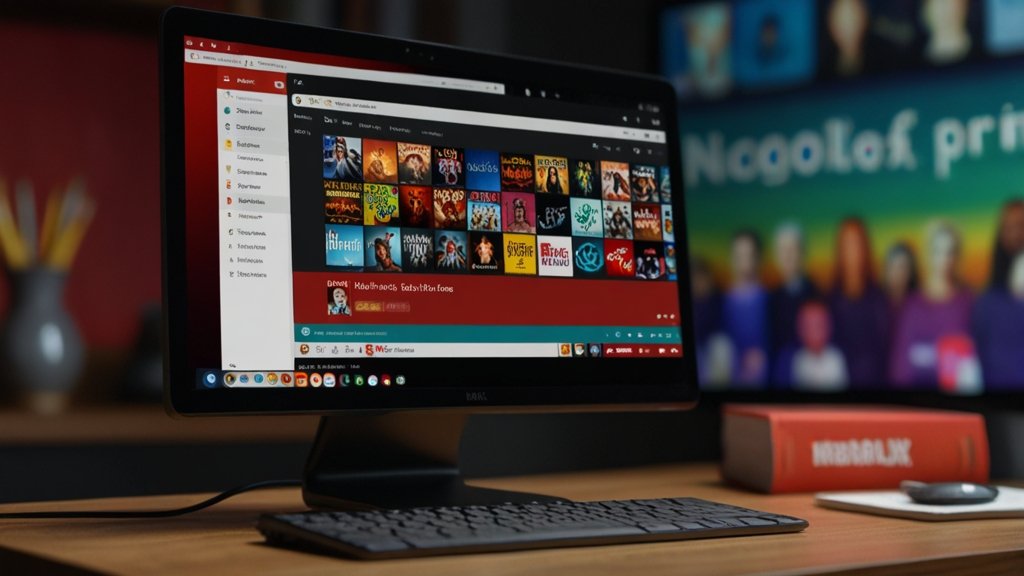introduction
Enjoying a movie in a theater is a cherished pastime for many. The big screen, immersive sound, and collective experience of watching with others create a unique entertainment experience. However, for individuals with eusphatian tube dysfunction, this experience can come with its own set of challenges. This guide will provide practical tips for those with eusphatian tube dysfunction to make the most out of their movie theater outings.
Understanding Eusphatian Tube Dysfunction
Definition and Symptoms of Eusphatian Tube Dysfunction
Eusphatian tube dysfunction refers to a condition where the eustachian tube, which connects the middle ear to the back of the nose, does not function properly. This tube plays a crucial role in regulating ear pressure and draining fluid from the middle ear. When it malfunctions, it can lead to a range of symptoms, including:
- Ear Fullness: A sensation of pressure or fullness in the ear.
- Hearing Loss: Difficulty hearing or muffled sounds.
- Tinnitus: Ringing or buzzing sounds in the ear.
- Balance Issues: Dizziness or unsteadiness due to pressure changes.
How It Can Affect Hearing and Balance
Eusphatian tube dysfunction can significantly impact hearing and balance. When the eustachian tube is blocked or not functioning correctly, it can cause pressure imbalances in the ear, making sounds seem distorted or muffled. Changes in air pressure, such as those experienced in a theater environment, can exacerbate these issues and make it challenging to enjoy audio-visual content.
The Role of the Eustachian Tube in Maintaining Ear Pressure
The eustachian tube helps equalize air pressure on both sides of the eardrum, which is essential for proper hearing and balance. It also allows fluid to drain from the middle ear, preventing infections and maintaining overall ear health. When this tube does not work correctly, it can lead to discomfort and affect the enjoyment of activities involving sound and pressure changes.
Challenges in Theater Settings
Potential Difficulties for Individuals with Eusphatian Tube Dysfunction in Theaters
Theater environments can present specific challenges for individuals with eusphatian tube dysfunction:
- Loud Sound Levels: The high volume of movie soundtracks can be overwhelming and may exacerbate hearing sensitivity issues.
- Air Pressure Changes: The movement of air in the theater, especially when the air conditioning or heating is adjusted, can impact the eustachian tube.
- Crowded Spaces: The noise and activity of a crowded theater can contribute to discomfort and sensory overload.
Loud Sound Levels and Their Impact on Hearing Sensitivity
Movie theaters are known for their powerful sound systems, which can enhance the cinematic experience but may also pose difficulties for those with sensitive hearing. High volume levels can increase discomfort and stress on the ears, making it harder to enjoy the movie.
Changes in Air Pressure and Their Effect on the Eustachian Tube
Theaters often have varying air pressure due to heating and cooling systems, which can affect the eustachian tube. Sudden changes in pressure might exacerbate symptoms, causing additional discomfort.
Tips for a Comfortable Theater Experience
Choosing the Right Theater Seat Location
Selecting the right seat can make a big difference in your comfort:
- Opt for Central Seats: Sitting closer to the center of the theater can help balance sound levels and reduce the impact of loud noises.
- Choose a Location Away from Speakers: If possible, select seats further from the main speakers to minimize the intensity of sound.
Managing Sound Levels Through Headphones or Earplugs
To protect your hearing and manage sound levels:
- Use Noise-Canceling Headphones: Some theaters allow the use of noise-canceling headphones, which can help control sound intensity and provide a more comfortable experience.
- Wear Earplugs: Soft, high-fidelity earplugs can reduce overall sound levels while maintaining sound clarity.
Timing Your Movie-Going to Avoid Peak Crowds
Choose less busy times to go to the theater:
- Attend Matinees: Going to movies during the day, especially early afternoon, can help you avoid peak crowds and reduce overall noise levels.
- Check Showtimes: Look for showtimes that are less likely to be crowded.
Communicating with Theater Staff About Your Needs
Letting theater staff know about your condition can lead to a more accommodating experience:
- Inform Staff in Advance: Notify staff when you arrive if you have specific needs related to your condition.
- Request Assistance: Ask for any available accommodations, such as quieter seating areas or reduced volume settings if possible.
Preparing for Your Movie Trip
Pre-Screening Movies to Gauge Sound Levels and Content
Before heading to the theater:
- Research Movie Details: Look up reviews or forums to find out about the movie’s sound levels and overall experience.
- Watch Trailers: Viewing trailers online can give you an idea of the sound intensity and help you prepare.
Bringing Essential Items
Prepare for your trip by bringing:
- Medications: Bring any medications you might need for managing symptoms.
- Hearing Aids: Ensure your hearing aids are functioning properly and bring spare batteries if needed.
- Snacks: Pack snacks to keep you comfortable and avoid unnecessary distractions.
Planning for Potential Discomfort or Emergencies
Be ready for any situation that might arise:
- Know the Theater Layout: Familiarize yourself with the theater’s layout, including exits and restroom locations.
- Have a Plan: If you start to feel uncomfortable, have a plan to leave the theater calmly if needed.
Seeking Professional Advice
Consulting with a Healthcare Provider for Personalized Recommendations
For tailored advice:
- Visit an ENT Specialist: Consult with an ear, nose, and throat specialist to discuss your symptoms and get personalized recommendations for managing them in different environments.
Exploring Assistive Technologies and Devices
Look into technologies that can help:
- Assistive Listening Devices: Some theaters offer devices that can amplify sound or adjust it to your needs.
- Adaptive Technologies: Consider using adaptive technologies that might improve your movie-watching experience.
Joining Support Groups for Individuals with Eusphatian Tube Dysfunction
Connecting with others can be beneficial:
- Find Support Groups: Join groups or forums for individuals with similar conditions to share experiences and tips.
- Participate in Discussions: Engage in discussions about strategies for enjoying various activities with eusphatian tube dysfunction.
Conclusion
Watching movies in a theater with eusphatian tube dysfunction is entirely possible with the right preparation and strategies. By understanding the impact of your condition, choosing the right seating, managing sound levels, and preparing adequately, you can enhance your theater experience and enjoy the cinematic magic. Remember to seek professional advice for personalized recommendations and connect with support communities for additional support. With these practical tips, you can make the most of your movie outings and enjoy the thrill of the big screen.
FAQs
Can you watch movies in a theater if you have eusphatian tube dysfunction?
Yes, you can. Eusphatian tube dysfunction might cause discomfort due to pressure changes, but it generally doesn’t prevent you from enjoying a movie.
Are there specific tips for watching movies in a theater with eusphatian tube dysfunction?
Yes, try sitting in the middle of the theater, where sound and pressure changes are less pronounced, and consider using earplugs to reduce discomfort.
What should you do if you experience discomfort during a movie with eusphatian tube dysfunction? Take breaks, yawn frequently, or swallow to help equalize ear pressure. If discomfort persists, consult a healthcare provider before attending another movie.
Can eusphatian tube dysfunction affect your ability to hear the movie clearly?
It might cause some hearing difficulties due to pressure changes, but it shouldn’t significantly impact your overall movie experience if managed properly.
Should you avoid certain types of movies if you have eusphatian tube dysfunction?
Avoid movies with very loud sound effects or intense volume changes, as they might exacerbate discomfort related to eusphatian tube dysfunction.











